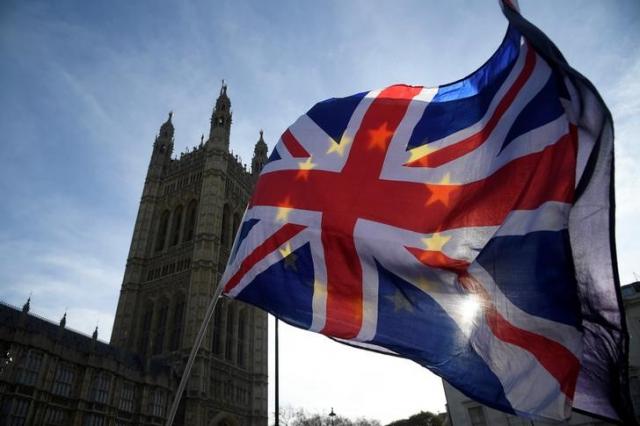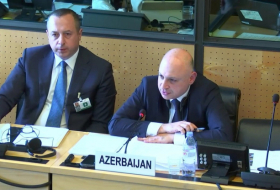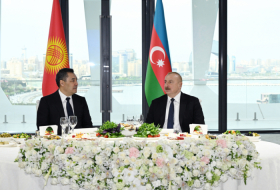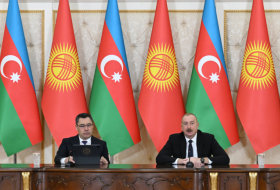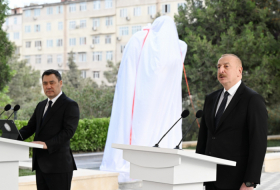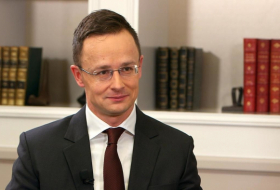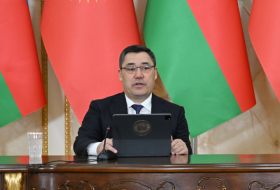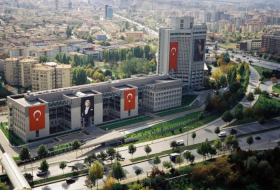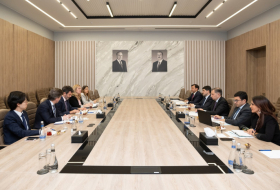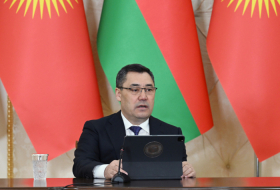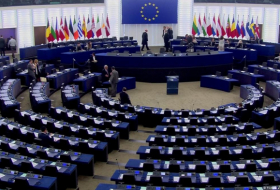The prime minister has been told by Labour MPs that a package of greater guarantees for workers after Brexit, due to be unveiled on Wednesday, is only enough to convince perhaps three or four more to vote for her withdrawal bill.
She was also warned that her offer of £1.6bn to towns could have been counterproductive as Labour MPs considering backing her deal would now be open to accusations that they had been bribed by No 10.
However, one Labour MP involved in discussions said the key to winning the backing of dozens more MPs representing leave-voting areas was the promise of a parliamentary vote on the future relationship with the EU.
A Downing Street source said May had promised an increased role for parliament on the political declaration but had not yet set out what this would involve.
May is facing a huge challenge to win enough support for her Brexit deal next week, as some hardline Conservative Eurosceptics indicated on Monday they may prefer a delay to leaving the EU than supporting a withdrawal deal that fails to solve the Irish backstop issue.
A source close to one cabinet minister told the Guardian there seemed to “no chance” that the deal would pass next week but No 10 had a “bunker mentality” and was still focused on trying to pick off individual MPs to back the deal.
Several prominent members of the European Research Group of MPs, including Steve Baker and Owen Paterson, approvingly quoted an article by pro-Brexit lawyer, Martin Howe, which set out the case for Eurosceptics to hold their nerve if they are not satisfied with concessions from the EU.
“If the deal is bad and stays bad, there is no reason for MPs who oppose it to panic and change their position, and every reason why they should stand firm in the face of these article 50 threats,” Howe wrote.
The prime minister needs about another 110 votes to get her deal through the House of Commons, which will have to come from a pool of around 115 Conservative and Democratic Unionist party Eurosceptics and about 40 Labour MPs representing leave-voting areas.
There are another seven Conservative MPs who are in favour of a second referendum and did not back the deal first time around, several of whom told the Guardian they had no intention of voting for May’s deal without a guarantee of a second referendum. The eight members of the new Independent Group have said they will not back May’s deal without the promise of another referendum.
Geoffrey Cox, the attorney general, is continuing talks with the EU on how to secure an assurance that the Irish backstop will not be indefinite, so he can convince the Conservative and DUP Eurosceptics the UK cannot be bound into a permanent customs union.
However, he is no longer likely to meet the Eurosceptics’ demands of a time limit to the backstop or a unilateral exit mechanism. Cox dismissed a Telegraph report claiming those options had been ruled out as full of “misunderstood fag ends dressed up as facts” but did not specifically deny that was the case.
Several prominent leave supporters, including Sir Graham Brady, the chair of the 1922 Committee, and Nigel Evans, a former deputy Speaker, swung behind May’s deal, saying it was time to back her to avoid a delay to Brexit. But many of the ERG Conservatives are likely to base their decision on their so-called “star chamber” of eight pro-Brexit lawyers, who will meet to give their legal opinion on whether Cox has met their demands.
Amid the uncertainty, Downing Street has continued meetings with Labour MPs and supporters of the People’s Vote campaign in case May needs to appeal more widely.
No 10 is poised to offer a package on workers’ rights, which would give parliament votes on whether to adopt EU protections in future, meaning MPs could potentially force the government to accept new rules.
However, several MPs are demanding more, including the promise of a parliamentary vote on a future relationship to ensure whoever is prime minister at the time gains approval across the Commons for any political deal with the EU.
Labour MPs including Lisa Nandy, Gareth Snell and Ruth Smeeth said the offer of money for their areas was not enough to persuade them to back May’s deal and stressed that their votes could not be bought.
One Labour MP said of the £1.6bn fund: “It actually makes it more difficult for me to vote for her deal. I think it has lost her votes rather than the other way around.”
Meanwhile, the Confederation of British Industry has urged MPs to unite behind May’s Brexit deal and spare the country yet more destabilising uncertainty.
John Allan, the CBI president, told the organisation’s annual leaders’ dinner on Monday that MPs face two choices - “the prime minister’s path” or “more delay, more circling” and “perhaps being flung off a steeper cliff in the summer” if there was still no agreement after a potential extension to article 50.
He added: “Our message to politicians is clear: unite around the prime minister’s deal. Or unite around something else, urgently.”
More about: #TheresaMay








